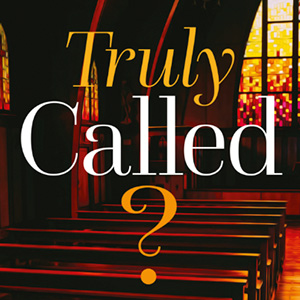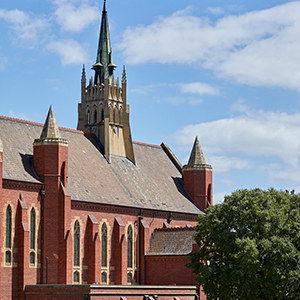

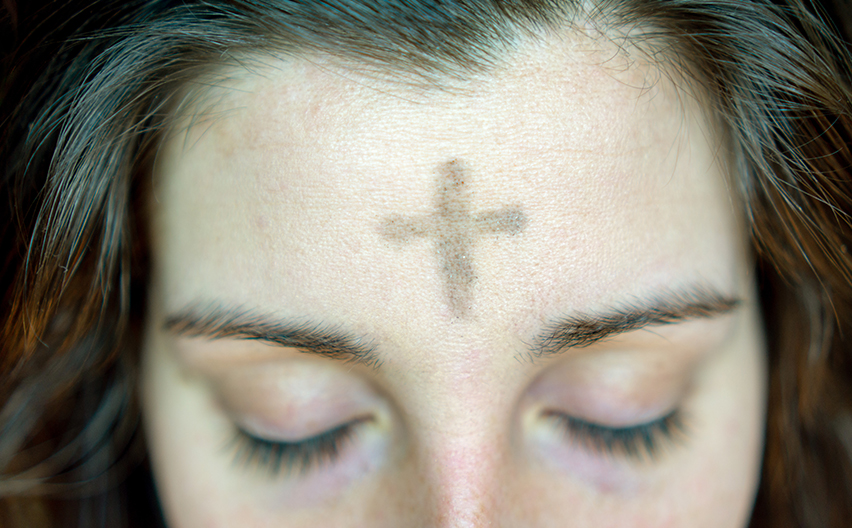
As Melburnians find themselves in lockdown again (hopefully for not quite as long as last time), it coincides with an important time in the Christian year – Shrove Tuesday (16 February), Ash Wednesday (17 February) and the beginning of the season of Lent. This leads to Easter, when Christians believe God raised Jesus from the dead to transformed, risen immortal life, and when he was recognised by those who had known him in this life.
The customs of many Christians at this time are a mix of cultural habits and religious beliefs. Lent has long been a time of fasting from rich foods. Traditionally, people stopped eating meat and dairy food for the 40 days of the season. Sundays are never fast days, so they are not counted in the 40.
On the Tuesday before Lent began (Shrove Tuesday), people ate up the last of their butter and eggs in pancakes. These days, however, most of us who enjoy the pancakes have no intention of fasting as strictly as people in the past, although many Christians who belong to Eastern churches (mostly Greek and Russian Orthodox) still do so.
Alas, this year there will be no gatherings for pancakes by Victorian Christians. Instead of fasting, these days most Christians will take time for more prayer or more reading of the scriptures, or some other practice to deepen their spirituality as a Lenten habit and to prepare for the celebration of Easter. In other words, they will practice mindfulness, which has been around long before the present trend appeared.
The day following the pancakes (Ash Wednesday), Christians often go to church to receive ashes on their foreheads – but not this year while we are in lockdown. Someone has however asked where the ashes function is on Zoom, since church services are back online!
The ashes used on Ash Wednesday are made by burning the palm branches given out the year before on Palm Sunday. These dry out over the year, ready for use once burnt.
Ashes symbolise both human mortality and human sorrow over wrongdoing. We live in times when most people don’t have much to do with death and try not to think about it. Once, death was much more a part of everyday life and families took care of the departed at home before the funeral service and burial. Nowadays, we give this over to professionals, who do holy and necessary work, but who shield us from much of death’s reality.
COVID-19 has brought death close to home, although not on the scale we see sadly in other countries. So, to be reminded that our lives are mortal is no light thing. It can enable us to think more deeply about how to make our lives matter for the good of the wider community.
Similarly, sorrow over wrongdoing arises when we acknowledge that we, mostly unintentionally but sometimes deliberately, do harm to ourselves, those we love and those to whom we are neighbours, and even the earth itself. Human greed, selfishness and failure to respect the natural world all contribute to what we know deep down is a broken and divided world. Have you heard the calls for a better world post COVID? They spring from the desire expressed one way or another in all religions and by people of good will, to create a more just and equitable world.
Christians commit to turn away from doing wrong whenever they recognise it. So, ash on our foreheads brings home to us personally the need to turn to the One we call God, the mystery at the heart of life, and the need to live in harmony with the wondrous universe God creates.
The Christian faith teaches that the source of the strength to live this way comes from Jesus who has lived our common life and died our human death as a pathway for us to God. Following his death, God raised Jesus to transformed life – a life without end, which is participation in the divine life of God. Just as Jesus shares his humanity with us, so he shares his divinity also.
By the Revd Dr Colleen O’Reilly
Related News
-
News & Stories
- Our Theological School Student President's mission to champion a spiritual and welcoming environment
- Jack reaps the rewards after taking a leap of faith on Trinity College
- Trinity alum named in King's Birthday Honours 2025
- Trinity Deputy & Academic Dean appointed Fellow at Center of Theological Inquiry
- Meet Trinity's aspiring art curator Seb Moore
- Trinity College offers its congratulations to newly elected Archbishop of Melbourne, the Right Reve
- Events
- Art
- Music & Choir
- Campus Development Projects
- Visiting Scholars & Lectureships
- Accommodation for Visitors
- Short Programs
- Work at Trinity







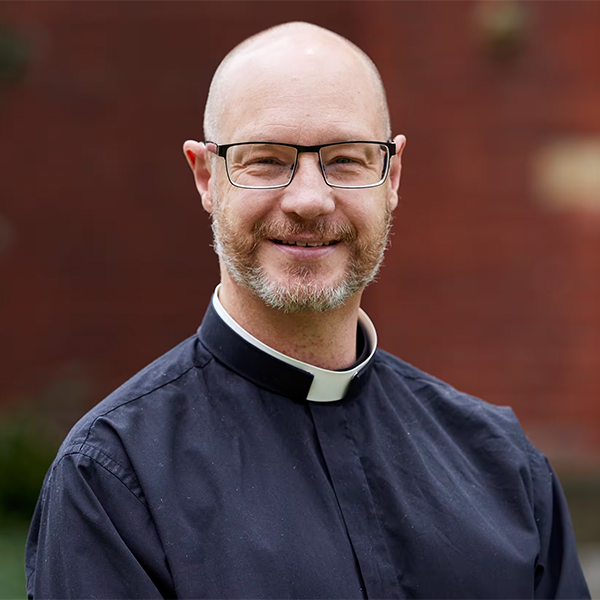
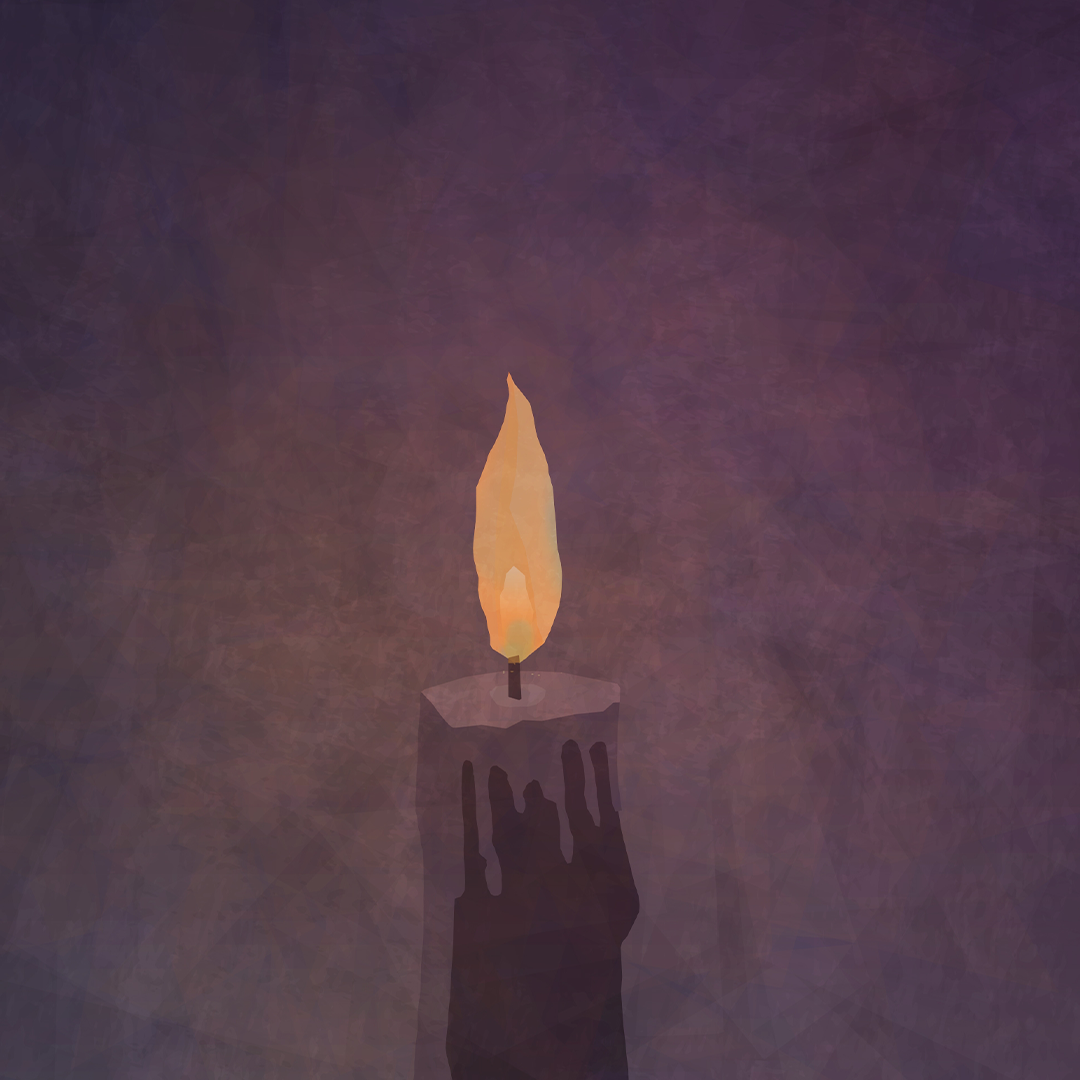
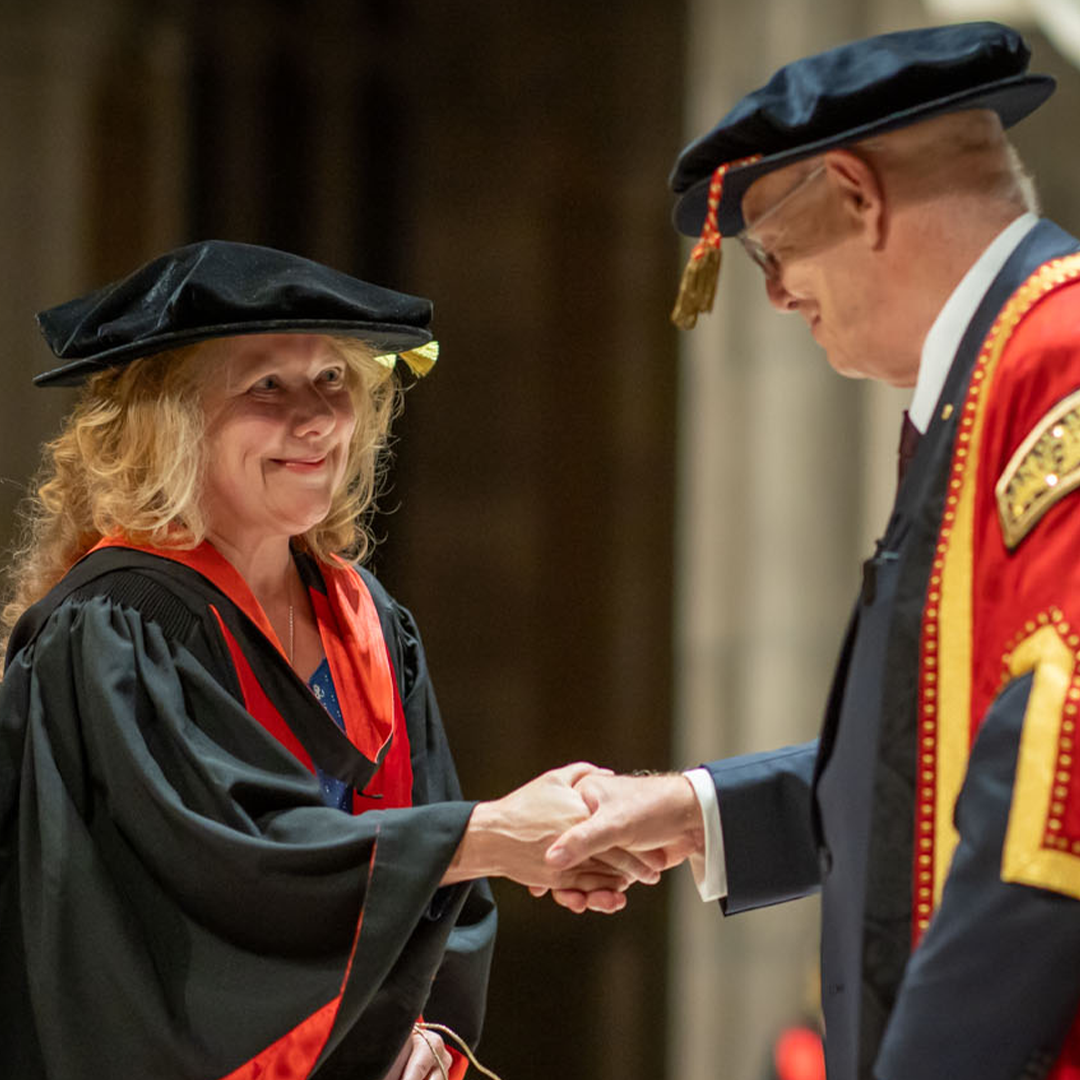
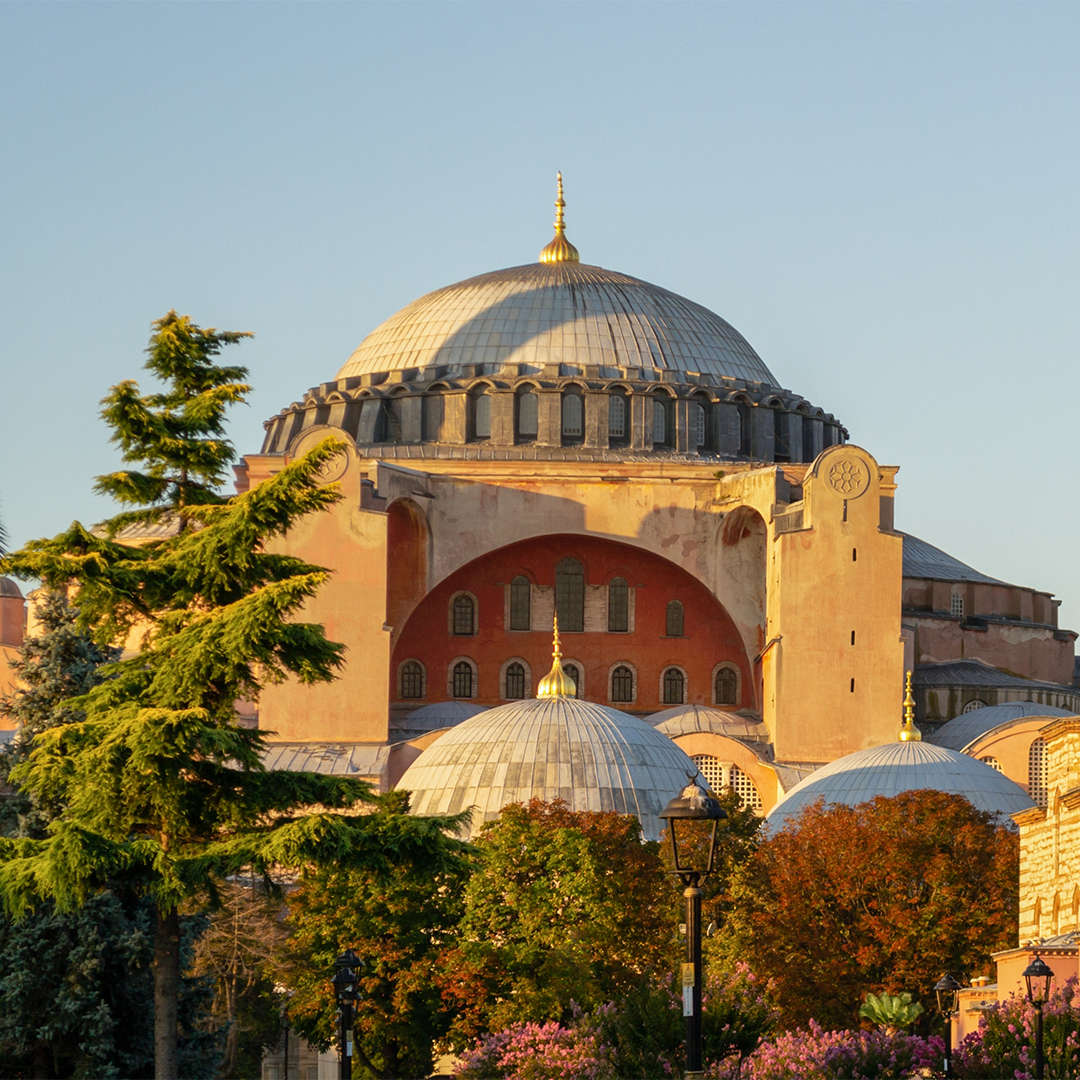
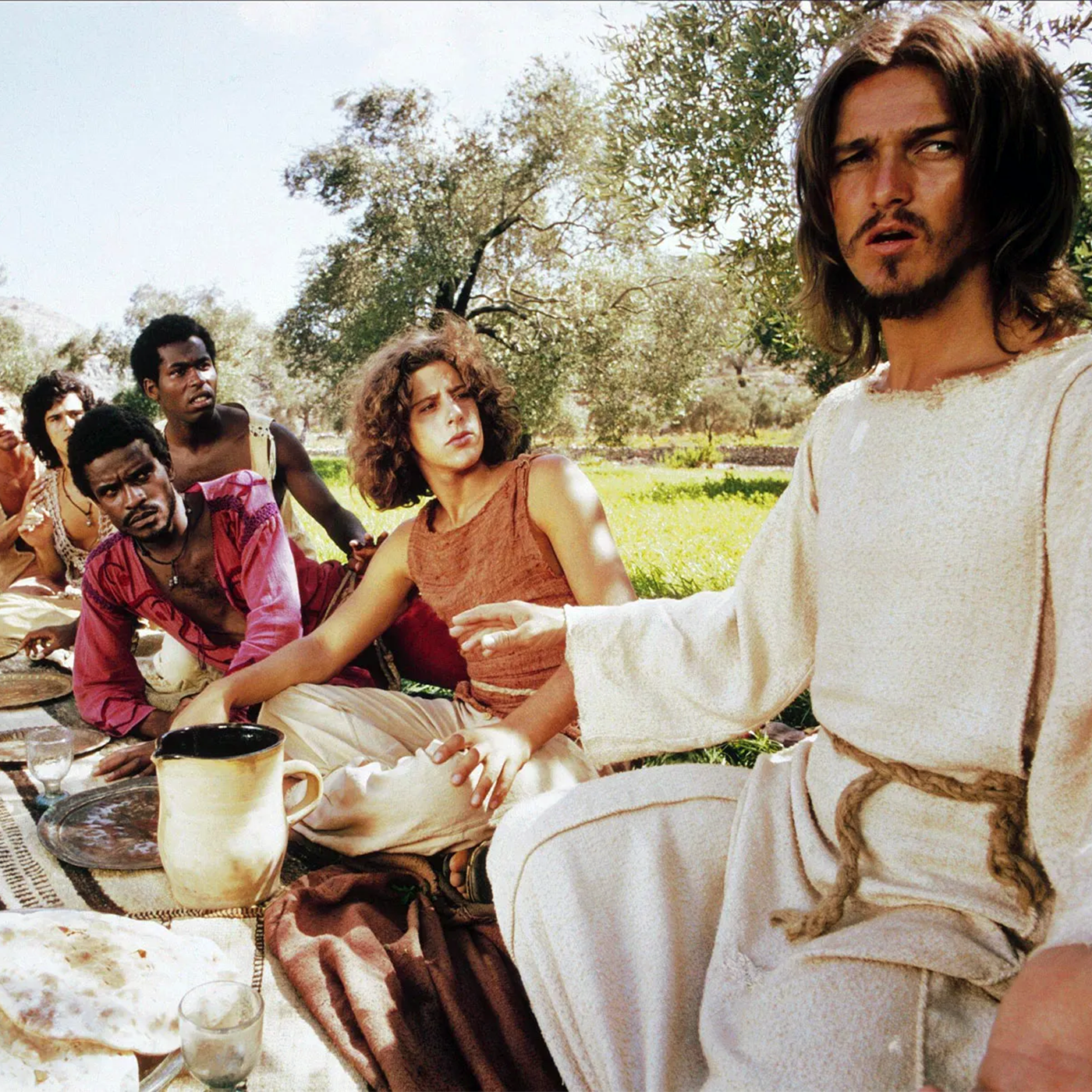




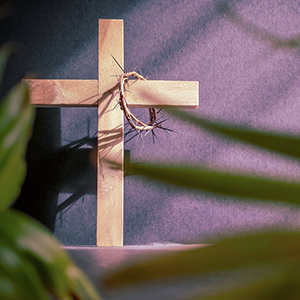
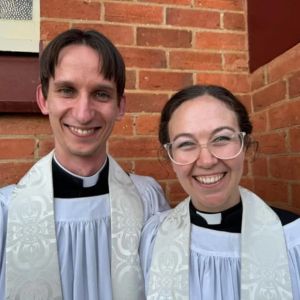.jpg?width=300&height=300&ext=.jpg)



